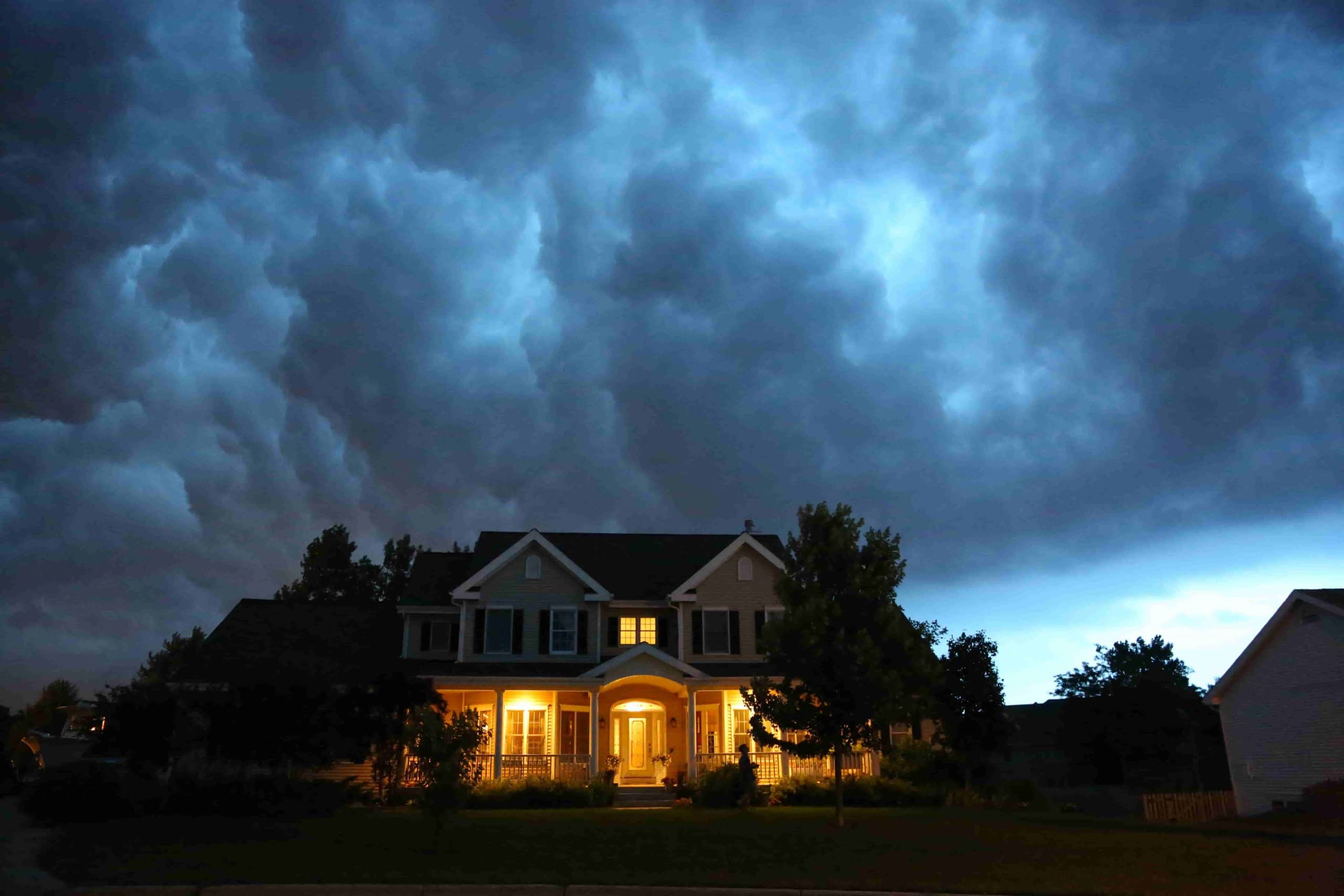
Because home electrical issues can occur due to a variety of sources, protecting HVAC equipment from possible damage should be on your to-do list. Power surges that affect your home’s wiring may originate from exterior or interior sources. Though these spikes in voltage are usually extremely brief — often lasting less than one-thousandth of a second — they can not only harm consumer electronics and appliances, they can also permanently damage your HVAC system.
Your central air conditioner and furnace comprise some of the most expensive electrical items in your home. These components can be damaged by common external incidents, including:
- Lightning strikes to nearby power lines.
- Downed power lines.
- Surges occurring on the grid when the utility restores electricity after a power outage.
Voltage surges can also be caused by sources within the house. This may be lightning directly striking the home, short circuits from any source inside the house, and voltage overloads caused by certain large appliances.
Surge protectors should be standard equipment in a house to protect HVAC equipment against voltage irregularities from any of the common sources mentioned above. Two types of surge protectors are available in order to ensure comprehensive protection:
- Whole-house surge suppressors. Typically installed at the house’s main electrical panel, these units continually sense the voltage coming into the home from the utility power grid. If the voltage spikes, the suppressor can block the incoming surge before it damages household components, including the HVAC system.
- Dedicated A/C surge suppressor. Units designed specifically to protect the outdoor unit of the central air conditioner are available to prevent damage from internal surges, such as direct lightning strikes to the home or overloads in the system. This adds extra protection for the air conditioner compressor — typically the most expensive component in the system. A dedicated AC surge suppressor is usually installed at the switch box that controls electricity to the outdoor unit.
For additional information about protecting HVAC equipment by having surge protectors professionally installed in your home, contact Jackson & Sons.